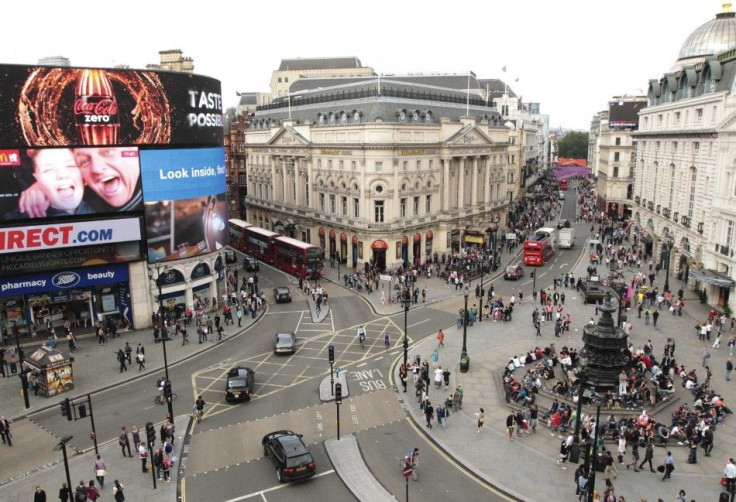London Olympics + Wet Weather = Worst Summer On Record For Many UK Attractions

Was London really a “ghost town” during the Olympic Games? According to the UK’s Association of Leading Visitor Attractions, those reports, which some called outlandish, were not so far-fetched after all.
The association's latest research, to be revealed Thursday at the National Conference of Visitor Attractions 2012, shows that disruptions caused by the London Olympics are to blame for dismal figures seen at popular attractions this past summer.
“For London attractions, the Olympic period was one of their worst trading periods in living memory,” said Bernard Donoghue, chief executive of ALVA. “For visitor attractions, the summer is their equivalent of retailers’ Christmas; once lost, the business can’t be won back.”
Donoghue said key central London attractions experienced a massive decline of up to 61 percent in visitor numbers compared with the same weeks last year. Overseas visitors stayed away from London, he said, while Londoners avoided the city.
The gardens and leisure sector saw the largest average decrease at 21.3 percent. Venues like the Royal Botanic Gardens at Kew, the ZSL London Zoo and the Royal Horticultural Society Garden at Wisley saw some of their worst attendance numbers in years, the association reports. These venues also experienced a 12.5 percent decline in catering revenue.
The heritage and cathedrals sector -- which includes locations like the Tower of London, Kensington Palace, St. Paul’s Cathedral, Westminster Abbey and the House of Parliament -- also took a blow. Visitor numbers fell some 20.3 percent, thus affecting retail sales by over 20 percent.
The museums and galleries sector, meanwhile, saw the smallest decline, at 13.1 percent.
“These figures from our 43 members, who manage some nearly 2,000 tourist sites and welcome over 100 million domestic and overseas visitors each year, are definitely sobering reading and show that the summer of 2012 has been a difficult time financially for our most popular and best-loved visitor attractions,” Donoghue bemoaned.
The association also believes weather was to blame for the dreary figures. Britain had its wettest summer in 100 years, which, combined with the Olympics, meant an average decline of 4.7 percent in the rest of England, with gardens and outdoor attractions across the U.K. having their worst year on record since the 2001 Foot and Mouth epidemic.
Yet, Donoghue cautioned it’s not all bad news.
“ALVA has always taken the long-term view that the economic benefits for tourism of hosting the Olympic and Paralympic Games would be long-term rather than short term,” he said.
ALVA is now working with the local and national tourist boards and others to “turn the millions of Olympic TV viewers who loved how Britain looked into visitors who will come here in the next months and years.”
© Copyright IBTimes 2024. All rights reserved.






















